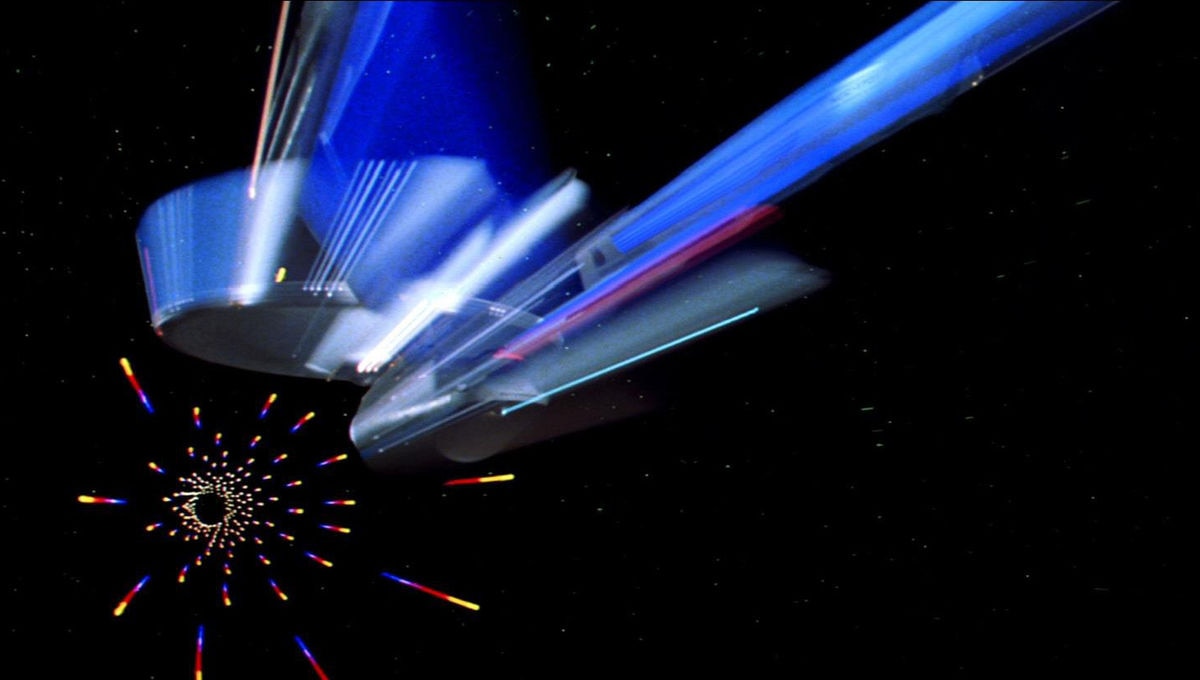London Engineers Shatter Internet Speed Record
London Engineers Shatter Internet Speed Record
Sure, you’ve heard this before. Every few weeks, communication industries are abuzz with news of a new record in internet download speed. And over and over again, you’ve had reason to doubt you’ll ever see these new benchmarks reflected in your own internet service.

why this record might mean more than previous ones
The latest claim we heard may be different. We learned about two weeks ago that London engineers demonstrated an internet speed of 178 terabits per second. At this speed, you could download the entire NetFlix catalog in under one second.
This is 17,800 times as fast as the fastest current consumer internet speed available anywhere in the world. Even NASA can’t approach this speed; its ESnet delivers only 400 gigabits per second.
For this project, engineers for University College London worked with two for-profit corporations: XTera and KDDI Research. The team reached the new record with optical fiber. Their system, though, employs a much wider gamut of light (wavelengths) than usual. Most fiber networks now operate at no more than 4.5 terahertz. A few commercial networks operate at 9 terahertz. The UCL system employs a full 15.8 terahertz.
What has changed?
You may be wondering what’s different about this new system. After all we’ve heard recently about new internet speed records, why should we believe this will actually be useful?
To this question, the UCL researchers have an answer. Their system can piggyback on existing fiber networks instead of replacing them. A network using UCL’s system needs only to replace modulators. They cost about $21,000 each, and need to be placed on fiber lines at intervals of 25 to 62 miles.
Other ultra-high-speed systems tested recently would require entirely new fiber. This can cost up to $1 million per mile.
Call 1-800-691-3089
For the best deals in TV or internet service, shop with Bundle Deals. Compare all providers and plans, then order any service with just one phone call.
